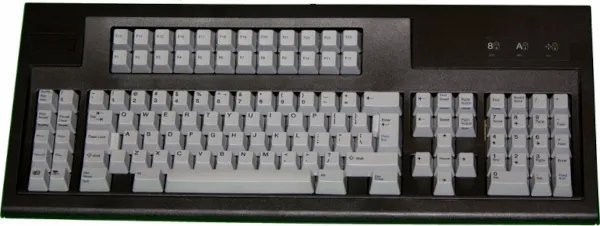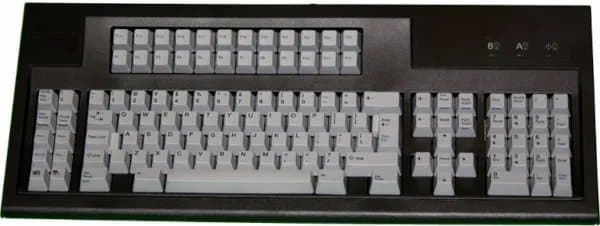After decades of oversight, Linux 6.17 will automatically recognize F13-F24 function keys on PS/2 keyboards. The patch, contributed by TUXEDO Computers, resolves a long-standing gap in Linux's input handling while aligning with Windows' historical support. This update also brings broader input driver refinements for touchpads, touchscreens, and specialized hardware.
For Linux users with specialized keyboards or complex macro needs, a persistent quirk has lingered since the early days of the kernel: the absence of default mapping for function keys F13 through F24 on PS/2 keyboards. That era ends with Linux 6.17. A crucial patch from Werner Sembach at TUXEDO Computers has been merged, ensuring these keys—often used for custom shortcuts or featured on industrial and niche hardware—are now recognized out-of-the-box.
Why F13-F24 Matter
While most consumer keyboards top out at F12, higher function keys serve critical roles:
- Macro & Customization: Software developers and power users leverage F13-F24 for application-specific shortcuts, avoiding conflicts with common F1-F12 bindings.
- Legacy Hardware: Keyboards like the Unicomp PC 122 (below) include dedicated F13-F24 keys, previously requiring manual
setkeycodesworkarounds on Linux. - Virtual Mapping: Modern apps and gaming environments often repurpose these keys for background functions or layered input.

Technical Breakthrough
Sembach's patch resolves two core issues:
- Scancode Clarity: F24 shared a scancode with Zenkaku/Hankaku (a Japanese IME key), but real-world usage showed Zenkaku/Hankaku typically used the tilde (
~) scancode instead. The driver now prioritizes F24. - Unmapped Range: F13-F22 were entirely unmapped, preventing userspace tools from assigning them reliably. The patch fills this gap, enabling seamless customization.
Broader Input Driver Enhancements
Beyond function keys, Linux 6.17's input merge includes:
- Synaptics RMI: New capacity buttons and forcepad functionality for precision touchpads.
- Goodix Touchscreens: Added polling mode support for robust input capture.
- FocalTech FT8716: Compatibility for newer touch controllers.
- Samsung Keypad & evdev: General reliability and event-handling improvements.
A Small Fix with Big Implications
This decades-overdue correction exemplifies Linux's iterative refinement—even "minor" fixes enhance professionalism for specialized workflows. For keyboard enthusiasts, developers crafting intricate input layers, or enterprises using legacy hardware, Linux 6.17 erases a quiet frustration. As Sembach noted, the change harmonizes with ongoing userspace adjustments in Qt, KDE, and xkeyboard-config, ensuring the ecosystem fully capitalizes on these once-orphaned keys.
Source: Phoronix by Michael Larabel

Comments
Please log in or register to join the discussion